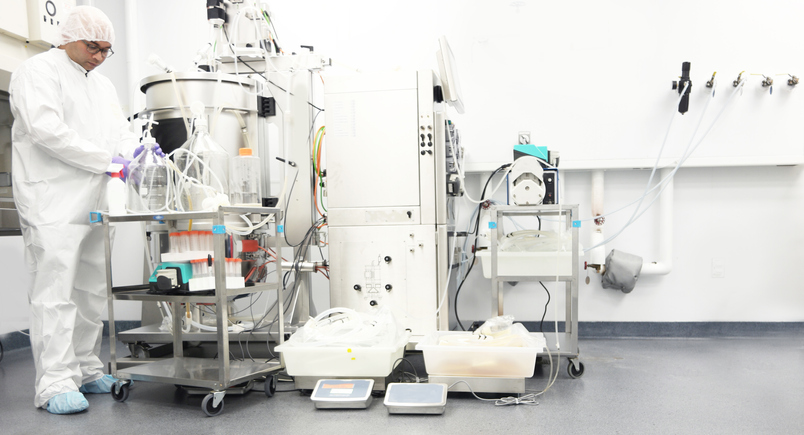Demand for higher quality, more consistent biopharmaceuticals combined with industry desire for more efficient manufacturing is increasing interest in artificial intelligence.
Until recently, drug industry use of artificial intelligence has been limited, says Toni Manzano, co-founder and CSO at industrial software firm, Aizon, citing analytics as an example.
“PCA and PLS are multivariate techniques which can be categorized as part of the AI family. Those algorithms have been used in R&D phases for variable reduction and linear applications, mainly in chemo metrics, for the last two decades. Nevertheless, AI has not been applied in manufacturing until very recently.”
Adoption drivers
A range of factors are driving this newfound willingness to use AI. For example, analysis published last April pointed to automatic fault detection and prediction as well as process optimization as major adoption drivers.
For Manzano, however, it is the desire for more efficient production that is prompting more firms to adopt AI in the manufacturing plant.
“Big pharma companies need to be more efficient and the competitive market forces are driving them to produce better drugs. In this commercial environment, AI is becoming the right ally help manufacturers produce batches with more quality and reliability.”
AI also has the potential to help manufacturers meet growing regulatory demand for data at each stage of the supply chain, from production through distribution, Manzano says.
“One of the main mandates of the FDA is to get real knowledge from the drug life cycle. AI provides this knowledge based on the real experience and considering all the factors involved in the process.
“This is the ultimate goal of an AI application: to give more realistic knowledge about both product and process.”
Quality of information is critical
How well a drug company can use AI to gain this knowledge will depend on the quality of the information used to train the system, Manzano says.
“The main challenge is to produce quality data and digital information. AI needs good data to produce good insights.
“For example, you always need good data that is produced around the full context of the process—whether it be quality data, product data, process data, etc.”
In addition to data, Manzano says optimized use of AI also requires operators with a broader set of skills than traditional bioprocessing systems.
“To work effectively an AI system needs the enterprise involved to properly train the models. Specialized people will be needed.”




